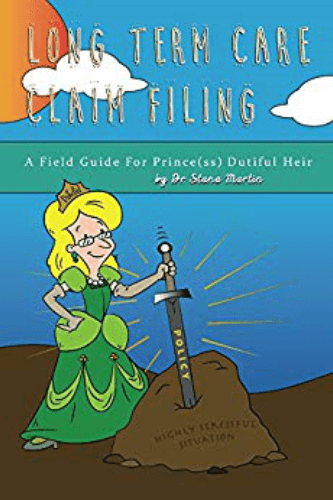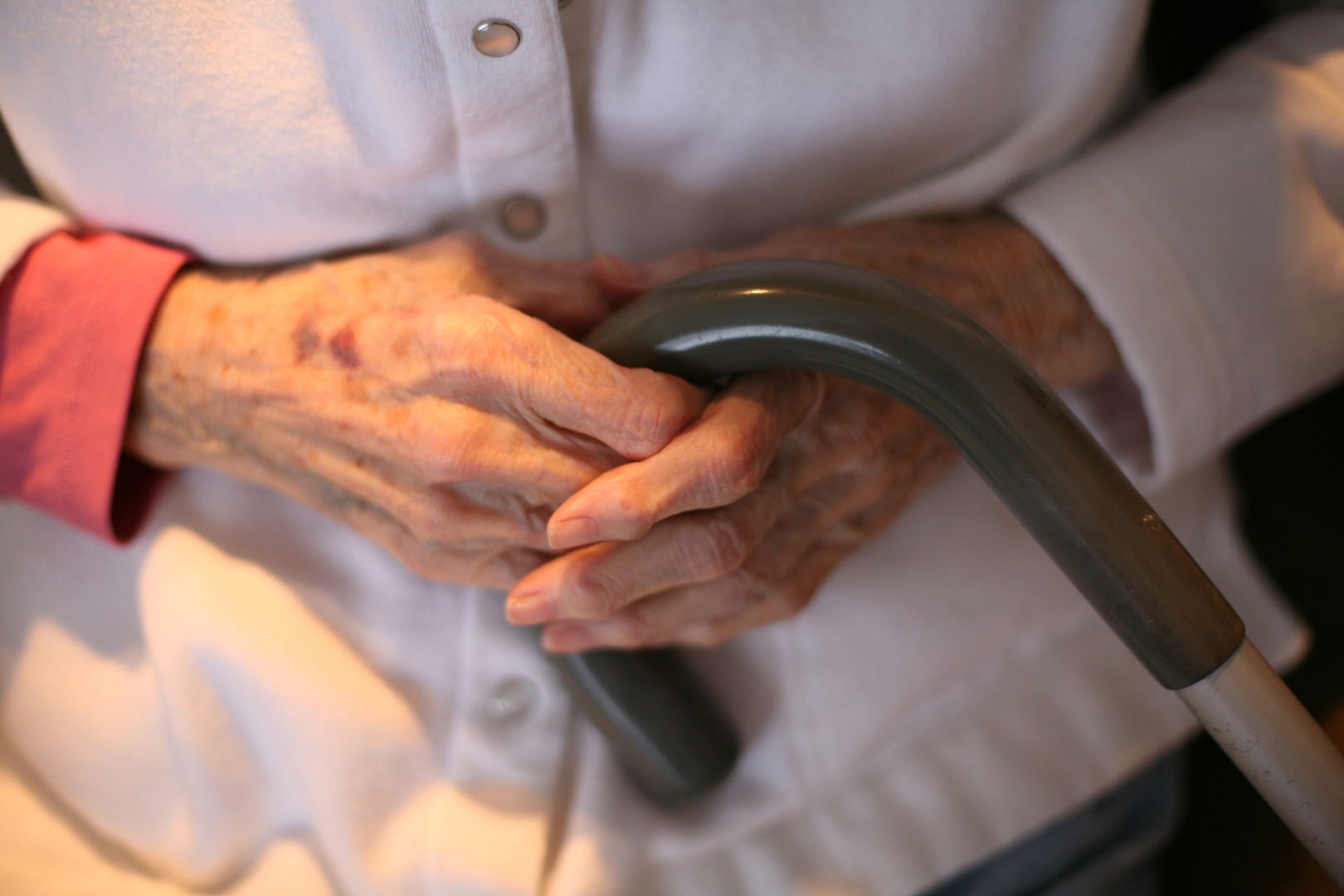Most of us are not professional home care managers – we are teachers, bankers, plumbers and other types of experts. So, when a family member needs care, we are in a steep learning curve on just what to do and how to do it.
Here is a short list of “tips” from someone who was a professional care manager, and is today living with care for her spouse:
1) Hire professional help. If you are battling an insurance claim, need legal documents, or even need professional advice about appropriate care, hire someone. You have finite energy. Your energy should be focused on loving and caring for the person in your life and caring for yourself as well. You need a “care team” – this is not a solo sport!
2) Communication/log center. It is all too easy to not know what is happening with care when you are not around to observe. Create a specific place where communication about care can be documented and shared. This is from care givers to you, you to the care givers, and also from one care giver to another as they takeover from each other.
a. Make it a specific place – best even if you have a dedicated notebook or system of sticky-note updates.
b. Develop the habit that everyone (yourself included) looks there first for any updates, or notes on recent changes, falls, behavior problems, etc. If you have a professional home care company, they will keep daily visit notes as well. So, this is not to create more work! It is merely to be sure that as each person comes into to provide care or leaves, they are keeping the next person apprised of changes. If the loved one has high cognitive functioning, this can also be a place they can refresh their memory about the day’s events (like doc appointments) and/or leave notes. For folks with good cognition it is important to keep them involved in their own care plan.
3) Maintain boundaries of “care worker”. There are a couple of ways we can blur these boundaries unintentionally.
a. We have a tendency to think of the care worker as a “friend” since they are in our personal spaces. This is not correct. This is a professional who works for you to do a specific job: provide high quality care. To that end, do not intentionally blur the boundaries of this relationship with invitations to dinner or other things that communicate “friend”. This does not mean be disrespectful or demanding. It means being polite, courteous, professional…and expecting the same in return. When you treat the care worker as a professional who is providing a significant service, you and the care worker have good boundaries and have good expectations of how to interact.
b. Leave the care space clean, especially kitchen and bathroom spaces. While care providers can do “light housekeeping” under most long-term care policies, they are decidedly not there to clean house. They are there to provide care. If they spend time cleaning the kitchen, then they are not interacting with your loved one to stimulate and monitor. You can hire housekeeping much cheaper than care. If you have hired a care worker, be sure you are organized so that their time is mostly spent on care. When the care worker leaves, the house should be as tidy and clean as when you left it for them.
c. Adequate supplies – the care worker should not have to provide his/her own supplies to perform the duties of care. Personal care needs for grooming and body maintenance, household cleaning supplies, food or snacks – these are all your responsibility to provide. You do not need to cater to the care provider’s special dietary needs or requests. If they have specialty needs, they would take care of that themselves just as they would if they worked in a hospital. But you should provide all that they need to properly care for your loved one. Leave a “supply list needed” in the communication area so you can be notified if they use the last of some item(s).
4) Documentation of Care and following the Care Plan: Have a detailed care plan. This includes things to watch for in your love one, behaviors, activities/games, daily living skills, cleaning the care space at end of shift (toilet and kitchen in particular) and any other needs there may be. Many agencies provide a checklist that the healthcare worker must fill out and provide a short narrative. This should be available for you to review. Any care provider who is not filling out the daily care notes or is not providing the care required in the care plan should be replaced.
5) Be comfortable with the care worker and the care they are providing. First and foremost, your loved one should be getting adequate care delivered politely and respectfully. The development of bed sores developing, a refusal to let people come in to visit, or slothfulness on the part of the care worker, are all signs of low-grade, unacceptable care. Further, your loved one should be able to “get on” with the care provider. Personality difference can come into play here. This is a gray area on when to ask for a new care giver and when to stick with the one you have. With some head trauma and dementia cases, there can be a personality shift in the loved one – so you have to weigh this carefully to determine if he care giver is inappropriate, or if the loved one has become difficult. Finally, secure belongings of high-value nature. Care providers should be bonded and back ground checked through a reputable agency, but in rural areas, this is not always possible. It is never inadvisable to take precautions over your high-value items in your home. All in all, though, care is a personal one-on-one relationship and no one should be miserable being cared for or caring for someone with whom they just can’t get along. You and your loved one need to be comfortable with the care provider.
6) Be cautious of use of in-home, hidden cameras. There are state-law variances on privacy and undeclared monitoring. Check with a lawyer if in doubt – in fact we recommend a lawyer as part of your care team. While cameras can give you peace of mind, you will still want to be within the legal boundaries of use I your state.
This is not a comprehensive list: specific situations could require additional care management techniques. But this is a good start for anyone who is completely unfamiliar with how to manage direct care workers in your home, or how to determine what responsibilities each party has, and whether or not this is a care worker you want to keep in service or let go.
Stana Martin, PhD, founded Mrs LTC to provide a top-quality resource for clients and customers who need help with long term care claims or insurance comparisons.
Questions?
Contact - Mrs. LTC
Long Term Care Claims & Insurance
Question about a Claim?
Shopping for coverage?








